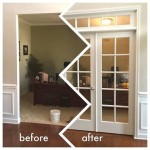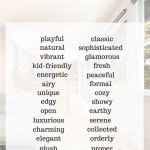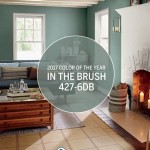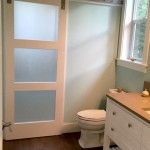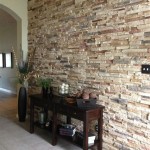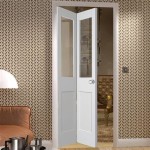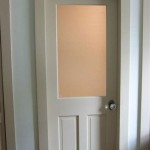Modern Interior Design
Modern interior design, often referred to as contemporary design, emerged in the early 20th century as a reaction against the ornate and intricate styles of the Victorian era. It embraced clean lines, simplicity, and functionality, reflecting the spirit of modernism that permeated art, architecture, and culture. Modern design sought to create spaces that were both beautiful and practical, prioritizing user experience and emphasizing the use of new materials and technologies. This article explores the key characteristics, historical influences, and evolution of this influential design movement.
Key Characteristics of Modern Interior Design
Modern interior design is characterized by several distinctive features that differentiate it from other styles:
- Simplicity and Minimalism: Modern interiors prioritize clean lines, geometric forms, and a lack of unnecessary ornamentation. The focus is on creating a sense of spaciousness and clarity.
- Functionality: Modern design emphasizes practicality and efficiency. Furniture is designed for comfort and ease of use, while storage solutions are incorporated to maximize space.
- Natural Materials: Modern interiors frequently feature natural materials such as wood, stone, leather, and wool. These materials offer durability, warmth, and a connection to nature.
- Neutral Color Palette: Modern design typically utilizes a neutral color palette of whites, blacks, grays, and browns. These colors provide a backdrop for pops of color through accents and artwork.
- Open Floor Plans: Modern interiors often feature open floor plans that create a sense of flow and connectivity between different areas of the home.
- Emphasis on Light: Natural light is highly valued in modern design. Large windows and skylights are commonly incorporated to maximize light penetration.
Historical Influences on Modern Interior Design
Modern interior design evolved from a confluence of historical influences, including:
- The Bauhaus Movement: This influential German art and design school, founded in 1919, emphasized functionality, simplicity, and the integration of art and craft. The Bauhaus principles had a profound impact on modern design, promoting the use of geometric forms, standardized furniture, and the rejection of decorative excess.
- The Arts and Crafts Movement: This late 19th-century movement sought to revive traditional craftsmanship and design principles, emphasizing natural materials and handmade objects. The Arts and Crafts movement influenced modern design's appreciation for simplicity, functionality, and the use of natural materials.
- Modernism and Art Deco: The early 20th century witnessed the rise of modernism in art and architecture, characterized by a rejection of past styles and an embrace of innovation. Art Deco, a decorative style that emerged in the 1920s, added geometric patterns, bold colors, and luxurious materials to modern design.
Evolution of Modern Interior Design
Modern interior design has evolved significantly over the decades, adapting to changing trends and technologies. While its core principles have remained consistent, modern design has incorporated new materials, textures, and styles. Some key milestones include:
- Mid-Century Modern: This popular style, which emerged in the 1950s and 1960s, emphasized organic forms, bold colors, and the use of new materials like plastic and plywood. Iconic designers of the era include Eames, Saarinen, and Noguchi.
- Postmodernism: This movement, which emerged in the 1980s, challenged the strict rules of modernism, embracing eclecticism, irony, and a playful use of color and pattern.
- Contemporary Design: Today, modern design continues to evolve, incorporating contemporary trends and technologies. Current trends include the use of sustainable materials, smart home technology, and a focus on well-being and biophilic design.

Interior Design Wikipedia

Interior Architecture Wikipedia

Interior Design Simple English Wikipedia The Free Encyclopedia

Scandinavian Design Wikipedia

Modern Architecture Wikipedia

Danish Modern Wikipedia

Contemporary Architecture Wikipedia

Modern Architecture Wikipedia

Modern Furniture Wikipedia

Kelly Wearstler Wikipedia
Related Posts

